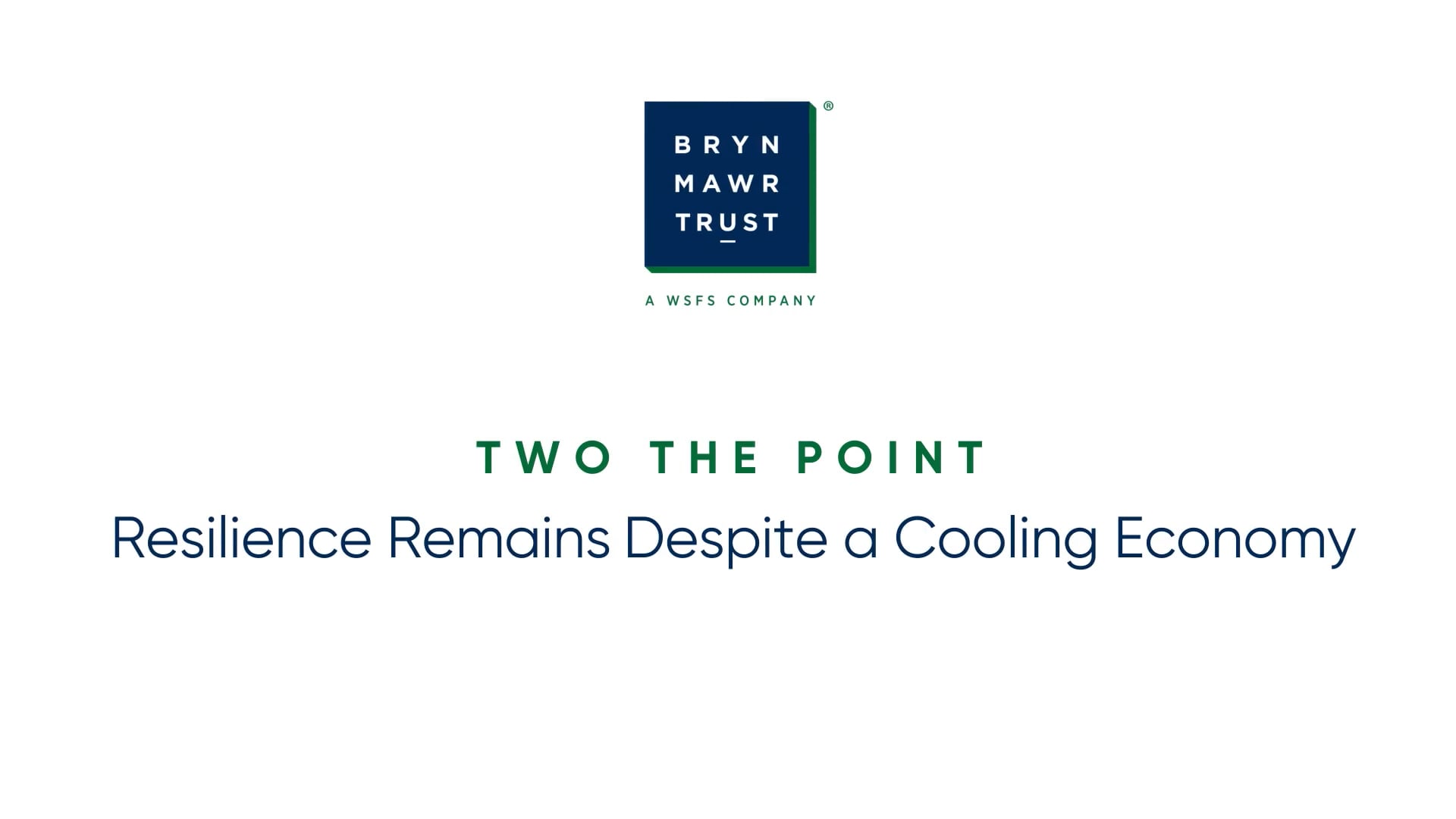Navigating the Future: Key Changes Reshaping Company Retirement Plans in 2024

Are you prepared for the changes in retirement planning set to take effect in 2024?
The landscape of employee retirement planning is undergoing transformative changes. The Employee Retirement Income Security Act (ERISA) is at the heart of this evolution, introducing pivotal themes that promise to redefine the retirement planning horizon for millions of workers. Let’s explore some key themes for 2024, each designed to enhance the retirement readiness and financial security of the average employee in an ever-changing world.
- Expansion of Automatic Enrollment and Escalation Features: More employers are likely to adopt automatic enrollment and escalation features in their retirement plans. Employees will be automatically enrolled in their company’s retirement plan, often at a preset contribution rate, which will increase over time unless the employee opts out. This change is designed to boost retirement savings rates among workers, particularly those who might not otherwise participate.
- Greater Emphasis on Financial Wellness Programs: Employers are increasingly recognizing that employees’ financial health is crucial to their overall well-being and productivity. This year, expect to see more companies offering financial wellness programs as part of their benefits package. These programs may include tools and resources for budgeting, debt management, and retirement planning, all aimed at helping employees make more informed financial decisions.
- Focus on Retirement Income Strategies: As more employees near retirement age, there’s a shift in focus from accumulating retirement savings to creating sustainable income streams in retirement. Employees can expect more education and tools from their plan sponsors to help them transition from saving to spending in retirement.
- Increased Focus on Retirement Plan Cybersecurity: With the digitalization of financial services, ERISA-regulated retirement plans are increasingly at risk of cyber threats. For the average employee, this means enhanced security measures will likely be implemented to protect their retirement savings. Expect stricter access controls, more robust monitoring of account activities, and potentially, more communication from plan administrators about cybersecurity practices.
- Increased Portability of Retirement Plans: With job mobility on the rise, there’s a growing need for retirement plan portability. Changes in ERISA regulations may make it easier for employees to roll over their retirement savings when they change jobs, reducing the likelihood of cashing out and jeopardizing their retirement security.
Coming soon, U.S. Congressman Richard Neal will reintroduce automatic IRA legislation with the “Automatic IRA Act of 2024” which aims to significantly expand retirement savings opportunities for millions of American workers. This groundbreaking legislation mandates businesses with 10 or more employees to auto-enroll their workforce in individual retirement accounts like IRAs or 401(k)s, introducing federal IRAs for businesses unable to set up a 401(k).
For employers navigating this new terrain, staying informed and proactive is key to harnessing the full benefits of these developments. Moving forward, the collective journey toward better retirement outcomes continues, powered by innovation, foresight, and a commitment to the well-being of employees across the nation. Embrace these changes with optimism and engage with your company retirement plans like never before — the future is here, and it’s filled with opportunities for a brighter, more secure retirement.
For the average employee, these themes signal a more robust, secure, and flexible retirement planning environment. As the landscape evolves, employees should stay informed and engaged with their retirement plans to make the most of these developments. These changes are not just regulatory adjustments; they are milestones on the path to a future where every employee can look forward to a financially secure and fulfilling retirement.
Sources: Dol.gov, IRS.gov, Neal Introduces Automatic IRA Bill | Ways and Means – Democrats (house.gov), shrm.org
© 2024 WSFS Bank.
WSFS Bank d/b/a Bryn Mawr Trust Member FDIC.
Bryn Mawr Trust is a division of WSFS Bank.
Bryn Mawr Capital Management, LLC. is an SEC registered investment adviser and a subsidiary of WSFS Financial Corporation. Registration as an investment adviser does not imply a certain level of skill or training.
WSFS Financial and its affiliates, subsidiaries and vendors do not provide legal, tax or accounting advice. Please consult your legal, tax or accounting advisors to determine how this information may apply to your own situation. This newsletter is for informational purposes only and should not be construed as legal, tax or financial advice or a recommendation any specific product, service, security or sector. Information has been collected from sources believed to be reliable but has not been verified for accuracy.
INVESTMENTS: NOT A DEPOSIT. NOT FDIC – INSURED. NOT INSURED BY ANY FEDERAL GOVERNMENT AGENCY. NOT GUARANTEED BY THE BANK. MAY GO DOWN IN VALUE.



